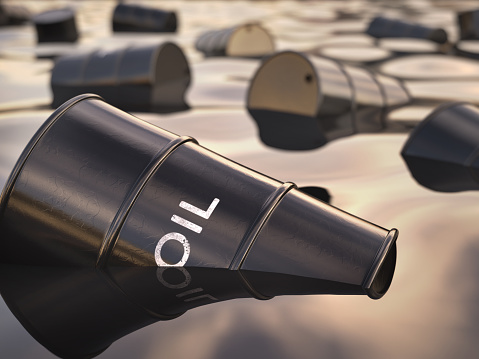Oil fell after US President Trump targeted the Organization of the Petroleum Exporting Countries (OPEC) for not doing enough to keep crude prices low. This comes ahead of the organization’s meeting in Algeria with other major producers. The production cut agreement has been the most important factor in the stabilization of crude prices since the 2014 drop. Supply disruptions have kept prices in current ranges even as the OPEC and partners such as Russia will be discussing ramping up production.
The biggest disruption to supply this year has come from the reapplication of US sanctions against Iranian exports. Global producers that are part of the supply curb have telegraphed their intentions but weather and geopolitical factors have been offset with global growth and energy demand forecast downgrades.
Weekly US inventories threw another drawdown data point on Wednesday and have kept the black stuff bid. President Trump has used twitter as a macro policy tool and this time his aim fell on the OPEC. The organization has limited options and will look to Saudi Arabia for leadership as some members have pressured internally to increase production for their own national interests. This time the US is mixing political and economic factors to force an increase in supply, even though the White House is the one who triggered the latest disruption.


 Signal2forex.com - Best Forex robots and signals
Signal2forex.com - Best Forex robots and signals




